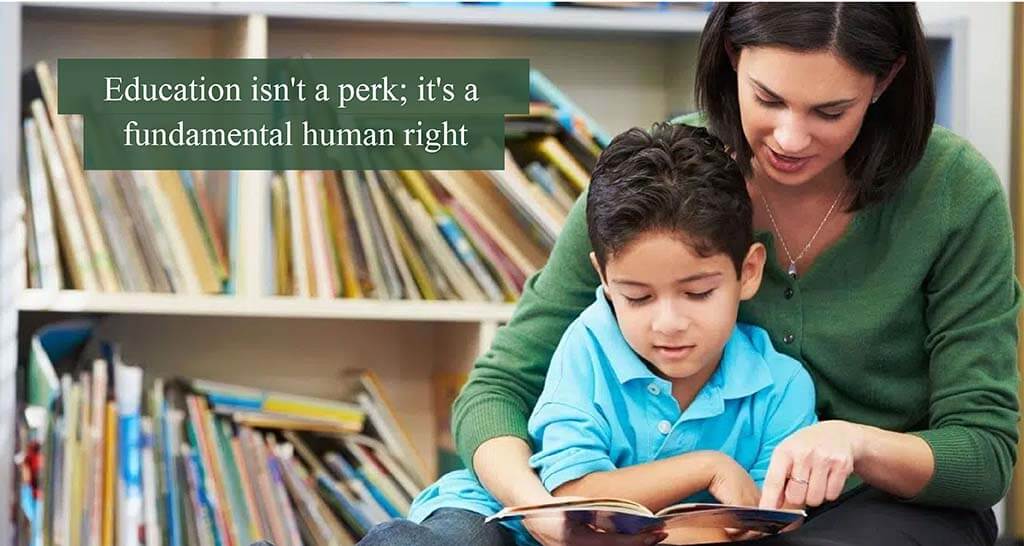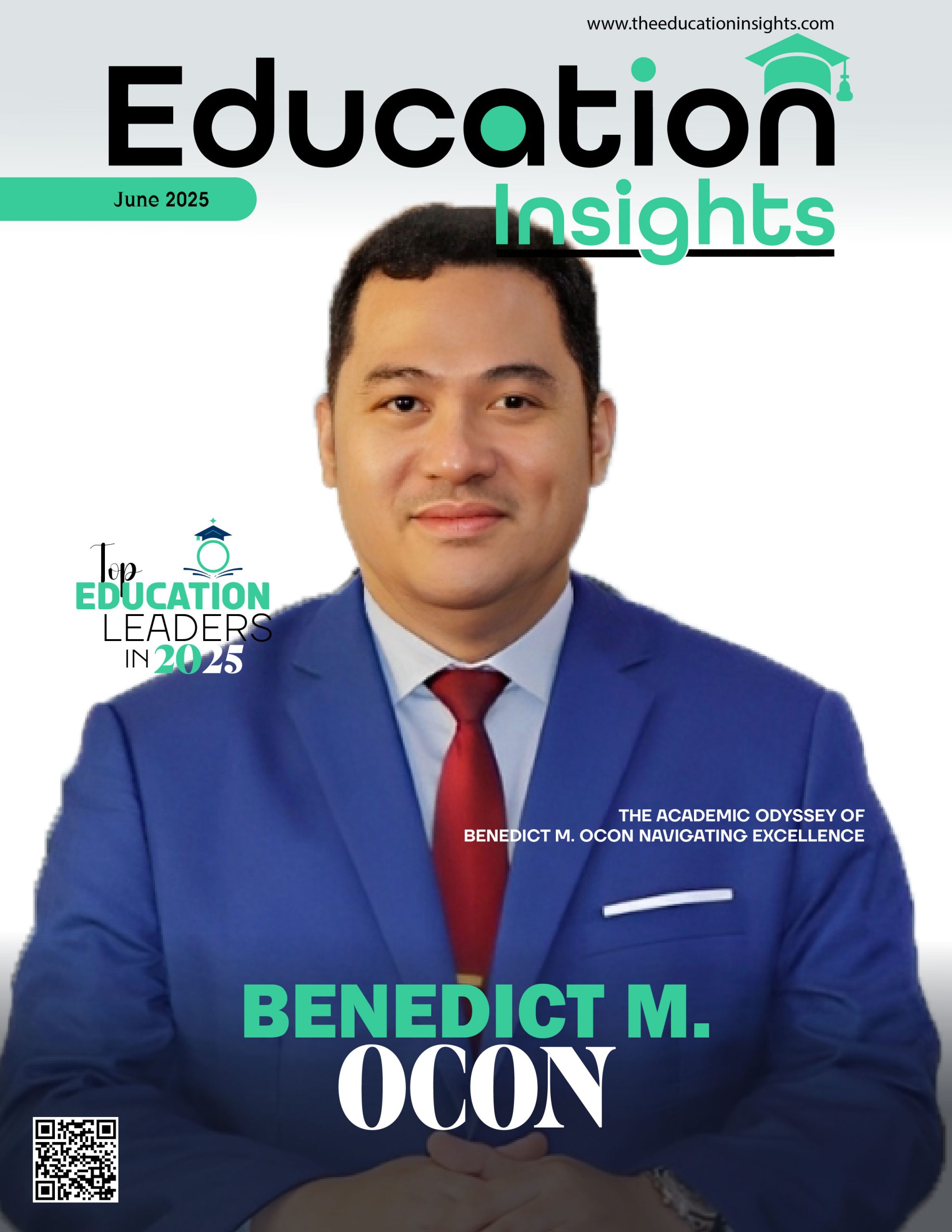Over 262 million children and young people throughout the globe are unable to attend school not because they do not choose to but because they are prohibited from doing so by their governments. During this time, youngsters in other parts of the world attend school and plan for a more positive and prosperous future. In addition to being denied the right to an education, these children and young people are also denied the ability to participate in other changes, such as the ability to work and earn a wage sufficient to support themselves and their families and to contribute to the expansion and improvement of the communities in which they live.
Because of modern-day poverty, wars, natural disasters, and illnesses, children are being denied the opportunity to get an education, which is their fundamental human right. There has never been a time in human history when the need for education has been higher than it is right now.
I believe it is essential for all of us to take some time to reflect on the significance of the first International Day of Education. We will strive harder than ever to reduce the gap in academic success by getting more children and adolescents involved in educational opportunities as a direct result of this happy event. To accomplish this goal, education must be available to all people and have a global scope while maintaining a localised effect. It must be used to provide the children of today with the knowledge, abilities, and qualities of character that they will need to address future challenges effectively.
Sustainable development pillar
Sustainable development relies on several key pillars, one of which is education. Countries cannot make long-term economic gains unless they invest heavily in their human capital. Knowledge gained via education broadens one’s perspective on life. It has far-reaching positive effects on their quality of life and the lives of others around them. The more individuals are educated, the more productive, innovative, and technologically advanced their society will be. In addition, it is of paramount importance in advancing economic and social development and levelling the income playing field. Because exclusion and inequality fuel existing imbalances and conflicts, access to quality education are essential to developing a culture of peace, and tolerance and its associated principles are not widely disseminated, but education may help change that. Every child and young person, regardless of gender, ethnicity, or place of birth, has the right to an appropriate education. It is past time to make sure this right is respected everywhere. A good education opens doors for youth and helps them positively impact their communities. By commemorating this day internationally, people worldwide have clearly stated that they value education’s contribution to international stability and progress. As a worldwide charity, we applaud the passage of this resolution because it shows a commitment to taking bold, far-reaching measures to ensure that all students have access to a high-quality education.
Setting aside a specific day to focus on education is a step in the right direction for getting the world’s attention on this issue and giving those interested in education across the globe a chance to advance their agenda. Without a unified front for change, a shared and defined vision, substantial financial commitments, and a feeling of urgency to prioritise education, the world will continue to see generations of children and adolescents being denied access to the education they so urgently need.
The finest and most productive and inventive strategies to enhance the quality of education globally will come about when governments collaborate with the corporate sector, civil society organisations, and parent and teacher groups. The sound impacts of education on sustainable development and peace need to be maximised, and measures need to be developed to mobilise political support to boost financing for education. Assuring that all children and young people have access to a high-quality education is a crucial step toward ensuring that they will realise their full potential as productive members of society and positive contributors to the health and wealth of their respective communities, nations, and the global community. Getting an education isn’t optional; it’s a fundamental human right. This means we can’t afford to abandon anybody.










